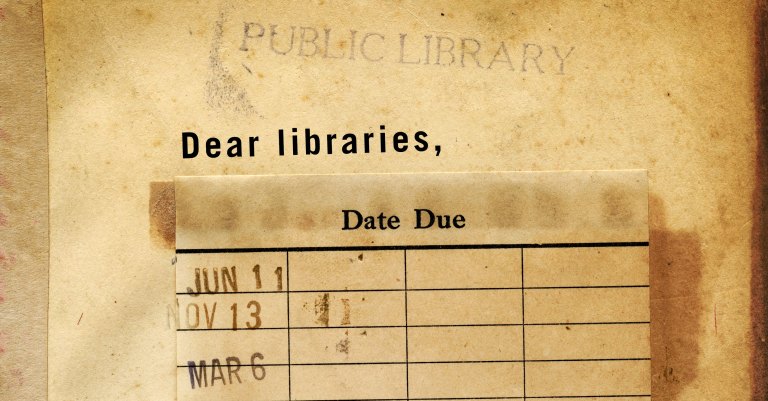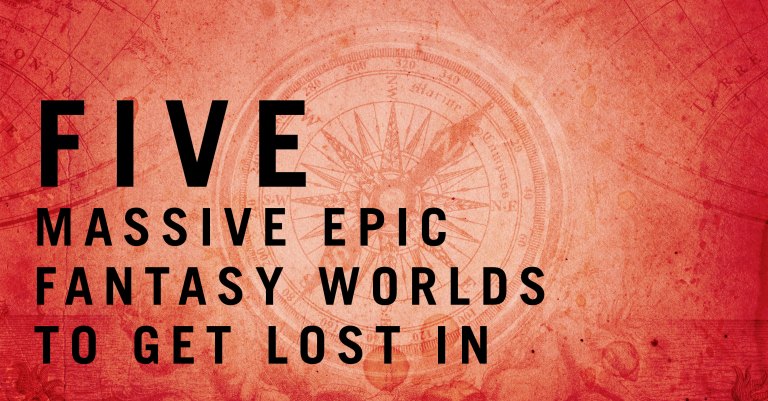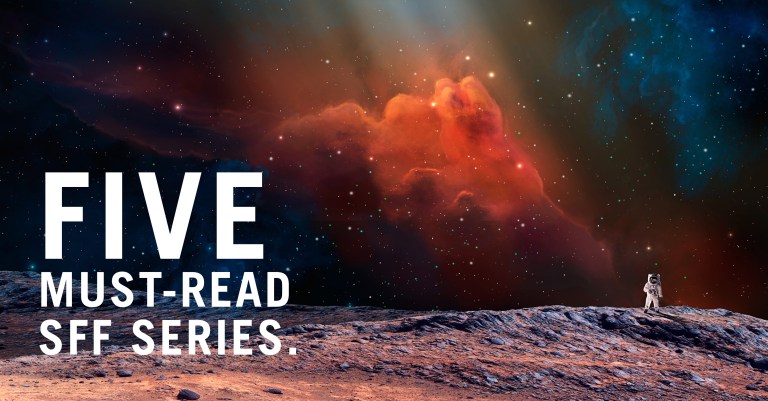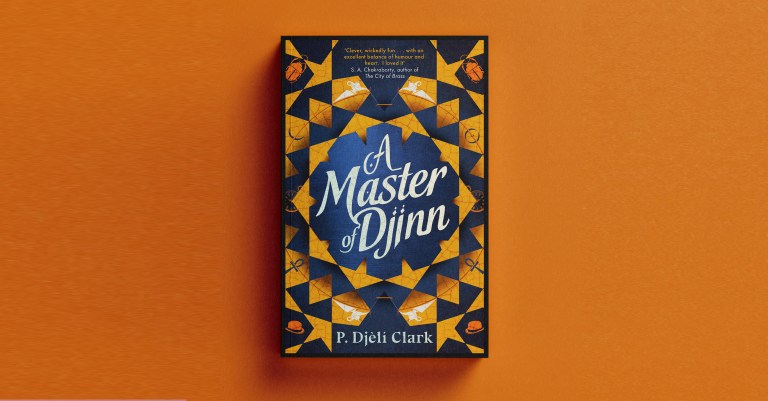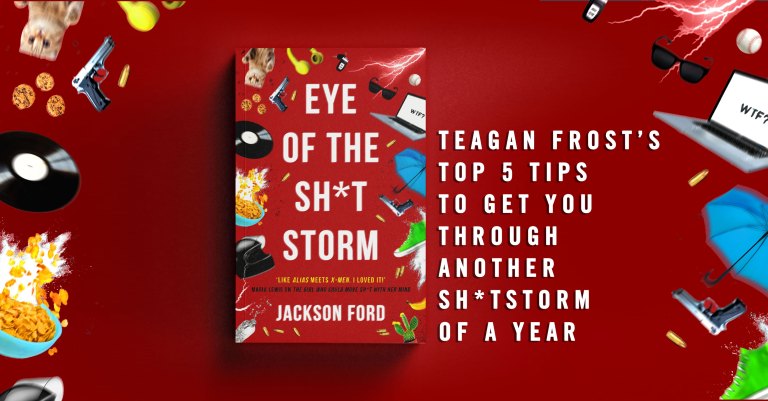We have always been on this path together by Annalee Newitz
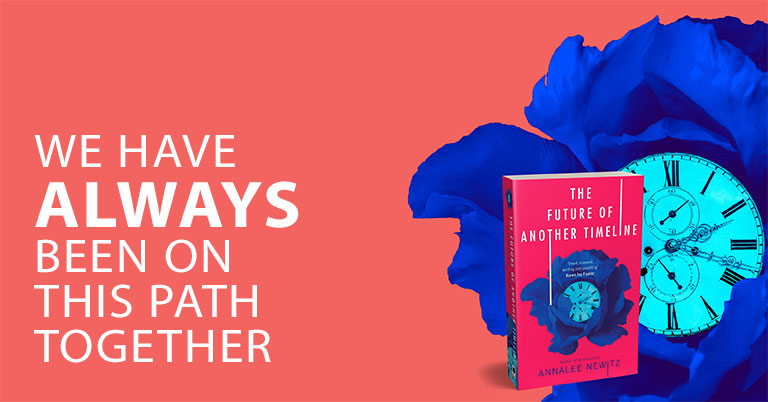
The theme for International Women’s Day 2020 is EACH FOR EQUAL. Orbit author, Annalee Newitz has explored this theme through the story of her great-grandmother Zadie Lee. Read her story here:
I never knew my great-grandmother Zadie Lee, but I think about her a lot. She was the first female pharmacist in Texas, according to family lore. She grew up in a tiny Texas town called Weatherford at the turn of the twentieth century, and after she graduated from college she studied pharmacy in the 1920s. Supposedly she took her pharmacy exam in a private room, at her request, because the male test-takers were driving her nuts by smoking smelly cigars. I suspect they may have been doing other things to drive her nuts too, but my family history doesn’t record sexist comments or harassment.
After her husband died relatively young, she managed a pharmacy business all by herself for decades. It was located right at the center of Weatherford, and she sold everything from sodas to actual prescriptions. My mom remembered going there as a kid to visit “Mother Rea,” who sounds like she was a force of nature. She also started a legacy that lasted for over a century. Like Mother Rea, my grandmother also went to college. She worked as a teacher her whole life. Then my mother followed in her footsteps, working as a teacher until she retired in the 1990s.
That means I come from three generations of educated women, which is remarkable considering that American women didn’t get the vote until 1919, when Mother Rea was 30. I am lucky.
I thought about Zadie Lee a lot when I was writing my novel The Future of Another Timeline, which is about feminist time travelers working together across time to fight for women’s equality. One of my main characters, Tess, travels back to the 1890s to organize a feminist protest with people at the Chicago World’s Fair. Zadie Lee would have been a kid at that time, and maybe she was already dreaming of going to college one day. I wanted my readers to meet women like her, who didn’t conform to our ideas about what life was like for women in the past.
Not all women were downtrodden and contained. Many of them revolted against the strictures of their time. Harriet Tubman was one of the most prominent activists with the underground railroad in the 1850s, helping African-Americans escape slavery in the south. Victoria Woodhull ran for U.S. president in 1872. And in my novel, we meet dozens more women who rebel in small or large ways, by providing education about birth control or helping women find jobs. One of those women tells Tess that “we have always been on this path together.” She means that in a spiritual sense, but also a political one. Each generation pushes the doorway to liberation just a little wider.
It’s important that we know this history because it’s a reminder that whatever freedom we had was won by a long process. Women didn’t get the vote because men had a sudden change of heart. That triumph was centuries in the making. And that means our gains cannot be undone overnight either. We will keep fighting, the way our mothers and grandmothers and great-grandmothers did.
Women gain power by working together, whether that’s in kitchens and nurseries, or corporate offices and government. We know this, and yet it’s easy to forget when women are such a diverse group with so many contradictory needs. It’s hard to fight collectively for equality when we can’t even agree on who counts as a “woman,” let alone what it might mean to be liberated. And yet, against all odds, women have banded together time and again to get the vote, to strengthen rape laws, to fight for pay equity, and to be seen as more than wives and mothers.
Our allies are spread across the world, and across time, and they don’t always realize they are allies. I have no idea what my great-grandmother Zadie Lee would think of me, her nonbinary great-grandchild with a trans woman partner. She might react to us with scorn or shock. She might take it in stride, and offer us a drink at her soda fountain. But one thing I know for sure. She would understand what it meant that I had the privilege to go to university, to publish books, and to be taken seriously as a thinker. She fought for that too.

